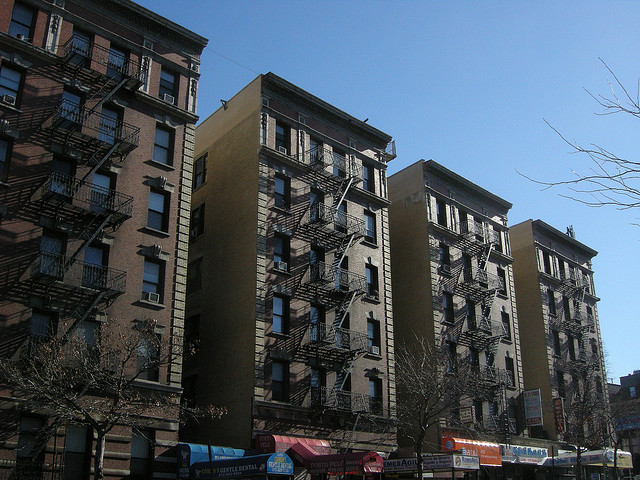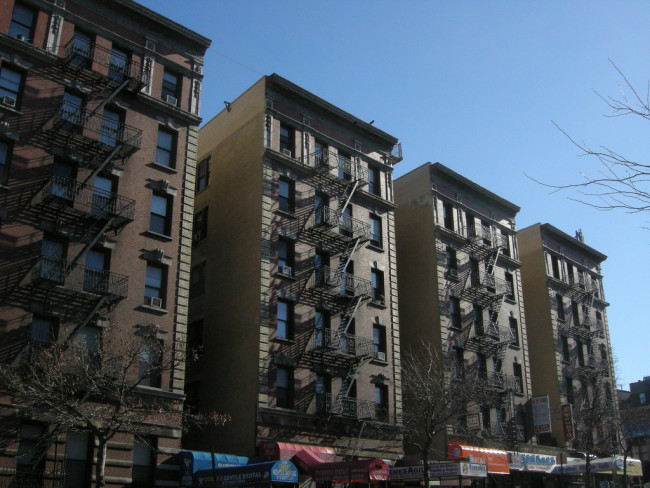3 ways the New York Senate flip impacts you as a renter

Tenant advocates see an opportunity to strengthen the rights of renters as the political landscape shifts. iStock
The Democratic flip of the New York Senate—taking control of that chamber for the first time in a decade—means renters could see some more protections as Republican initiatives are overturned.
During Republican control of the state senate, tenant advocates argue NYC landlords found loopholes enabling them to raise rents, intimidate residents and remove rent-stabilized apartments from the city’s inventory. Many of the new Democratic representatives were elected on pledges to increase affordable housing and reform laws that make tenants vulnerable to rent hikes and evictions.
The state's rent laws are set to expire next summer but Mike McKee, spokesperson for the Tenants Political Action Committee, says the organization wants change sooner than that. “We don’t have to wait ‘til June,” he says. “We want action in January and February.”
Here are some of the issues that could be addressed.
1) Ending rules on vacancy deregulation
When a tenant in a rent-stabilized apartment moves out, the landlord can upgrade the apartment and then raise the rent over the stabilization threshold of $2,733.75. This effectively removes a rent-stabilized apartment from the city’s inventory.
“This is the most important of many needed reforms,” says McKee, though he predicts it might not be an easy measure to pass in spite of the Democratic win. “The big fear is that Cuomo is going to try to water down and perhaps raise the threshold which will make it a meaningless change.”
Pulling it off would mean every apartment in buildings built before 1974, with six units or more, would remain stabilized.
“Not only will the bill prevent deregulation,” says McKee, “It re-regulates the units that have already been lost so you would go from under a million apartments to one and a half million. Landlords would no longer be able to take units out of the system, and it re-regulates 98 percent of units retroactively.”
2) Reforming rules on improvements that push rents up
Major capital improvements and individual apartment improvements are designations that allow landlords to raise the rent on stabilized units by a percentage based on the cost of the upgrades. For McKee, this is another priority.
“There has to be something done about these excessive and repeated rent increases based in improvements that in many cases are just repairs. The city allows building improvements for things like pointing which should not be categorized as such. It’s complicated but there are a number of suggestions that would make the cost a temporary increase or a separate surcharge on the rent bill. The bill we want also tightens the definition of these kinds of improvements.”
3) Closing the preferential rent loophole
Some landlords of rent-stabilized apartments offer tenants a “preferential rent," which is lower than the legal rent. While it looks like a deal for the tenant, it often works out to the landlord’s advantage because the rents are outside the law limiting annual rent hikes in stabilized apartments. McKee points out there are about 266,000 apartments in NYC that have preferential rent and more in suburban counties.
“These tenants are one lease away from eviction,” he says. He feels confident this loophole can be closed, saying Cuomo has supported this without giving himself much wriggle room to get out of it, but he adds, “we cannot assume we are going to get these wins automatically, we will need to hold our friends accountable.”

























